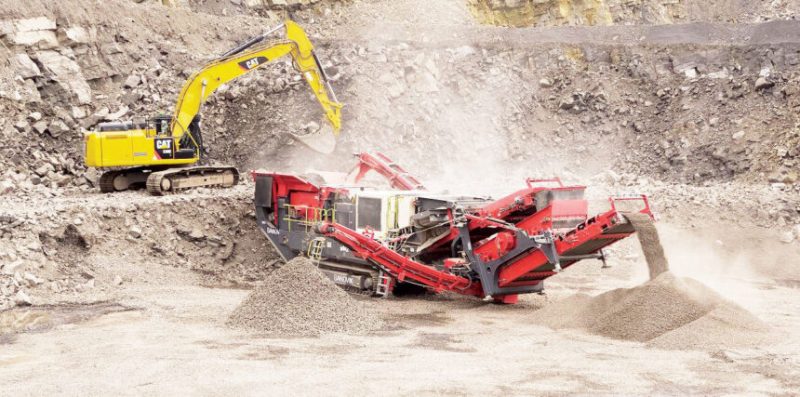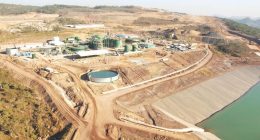Amidst ongoing economic challenges, including rising debt, food insecurity, and economic instability, Malawi is looking towards its vast untapped mineral resources as a potential solution to its financial woes. According to a recent World Bank report, the Malawi Economic Monitor (MEM), the country’s mining sector could be a transformative driver of economic recovery, offering new opportunities for foreign investment, job creation, and national growth.
Despite this optimism, Malawi’s economic recovery remains fragile, with a modest GDP growth forecast of only 1.8% for 2024, which fails to match the 2.6% population growth rate. This marks the third consecutive year of declining per capita income, largely due to a persistent drought, underperforming agriculture, and continuing foreign exchange shortages.
The report highlights alarming levels of food insecurity, with 5.7 million people, or 28% of the population, facing severe hunger due to poor harvests and rising inflation. Additionally, Malawi continues to contend with a growing fiscal deficit, high public debt, and a vulnerable foreign exchange market, which are further hampering its economic prospects.

However, Malawi is rich in critical minerals, including graphite, titanium, uranium, and rare earth elements, all of which are in high global demand for renewable energy technologies. To harness this potential, the government has entered into agreements with key industry players, including Mkango Resources for the Songwe Hill rare earths project, Lotus Resources for the Kayelekera uranium mine restart, and Globe Metal & Mining for the Kanyika niobium project.
Finance Minister Simplex Chithyola expressed optimism about the role these mining projects could play in boosting exports, generating employment, and improving foreign exchange inflows. He added that unlocking the sector’s potential requires addressing critical issues such as governance, infrastructure deficiencies, and regulatory inefficiencies.
The MEM report also outlines significant challenges hindering the growth of Malawi’s mining sector, including delayed permit approvals, weak governance structures, and inadequate transport and energy infrastructure. Furthermore, inconsistent mining policies and unpredictable regulatory changes have raised concerns among investors.
To overcome these challenges, the government is implementing a ‘Grow, Protect, and Benefit’ strategy, which includes expediting investment approvals, ensuring a transparent regulatory environment, strengthening environmental safeguards, and improving local workforce training. Additionally, the government is working to establish a more effective revenue management system to ensure the benefits of mining extend across the entire economy.
One of the primary concerns for mining investors is the country’s unreliable electricity supply. To address this, Malawi is focusing on the Mpatamanga Hydropower Storage Project (MHSP), which aims to provide 350MW of electricity, enhance mining operations, and reduce dependence on costly energy imports.
World Bank Senior Mining Specialist Tsolmon Adiya stressed that energy security is vital for the growth of the mining sector, noting that with the right policies, Malawi has the potential to become a significant player in the global clean energy supply chain.
While Malawi’s mining sector holds immense promise, experts warn that the country must act swiftly to create a stable, predictable business environment. Without necessary infrastructure improvements and regulatory certainty, Malawi risks losing valuable investments that could otherwise help revitalise the economy.
As the government continues to diversify the economy, mining could play a crucial role in Malawi’s economic recovery. However, success will hinge on robust policy reforms, transparent governance, and sustainable practices that ensure mining benefits reach all Malawians, not just a select few.













